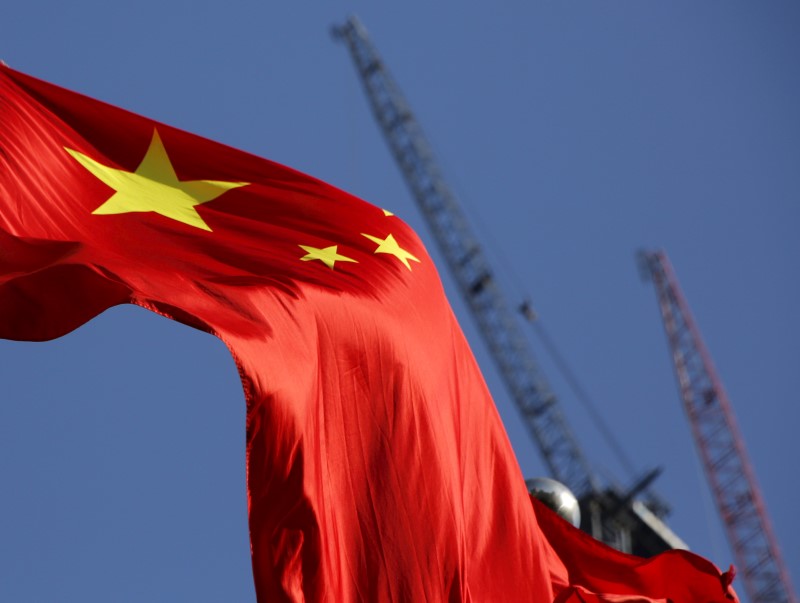Street Calls of the Week
Updates with analyst comments, market reaction
Investing.com-- Chinese consumer price index inflation shrank more than expected in August as support from several recent government stimulus measures did little to offset persistent deflation, with producer inflation shrinking for a 35th consecutive month.
CPI inflation shrank 0.4% year-on-year in August, government data showed on Wednesday. This compared to expectations for a fall of 0.2% and a flat reading from the prior month.
CPI inflation was flat month-on-month in August.
The print signaled that deflation in the world’s second-largest economy remained squarely in play, with recent government subsidies on consumer goods having done little to offset this trend.
Chinese consumers greatly scaled back on spending over the past three years, amid increased economic uncertainty, sluggish job growth, and, more recently, bruising U.S. trade tariffs on the country.
Extreme weather conditions also weighed on spending this year, amid sweltering heat and damaging rainfall across vast swathes of China.
China’s key industrial sector showed limited signs of price recovery, as local demand faltered and as overseas orders were pressured by steep U.S. trade tariffs.
Producer price index inflation shrank 2.9% y-o-y in August as expected, improving marginally from a 3.6% drop in the prior month. But producer inflation has consistently remained negative since October 2022.
The dismal inflation data highlighted the need for more economic support from Beijing, with aggressive consumer spending subsidies introduced in late-2024 having done little to support spending so far.
"With weak domestic demand and persistent overcapacity, we doubt there will be much improvement in China’s deflationary environment in the near term," Capital Economics analysts wrote in a note.
They noted that while underlying consumer inflation was showing some signs of growth, a lack of clear policy support for industrials was likely to keep PPI under pressure.
The Chinese yuan weakened from a near 10-month high after the reading, with the USD/CNY pair falling 0.1%.
Chinese stocks, however, rose tracking their Asian peers, with the Shanghai Shenzhen CSI 300 index up 0.2%.
